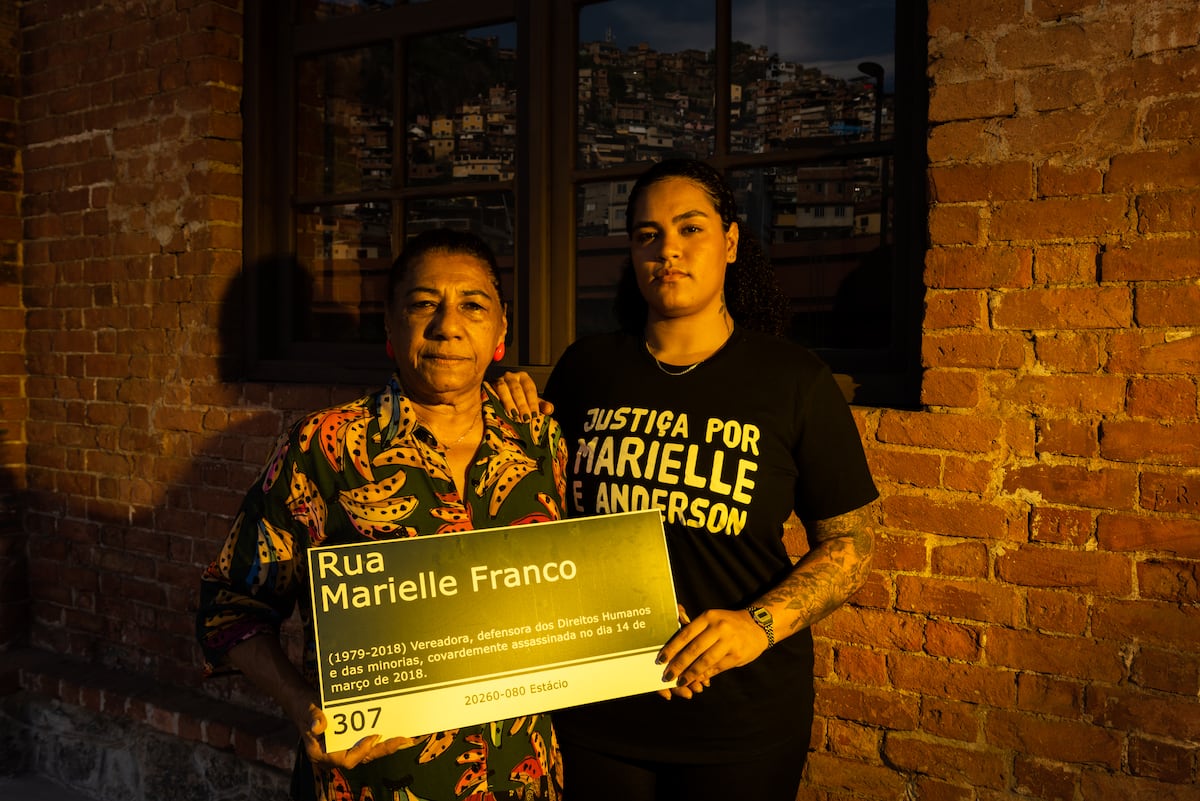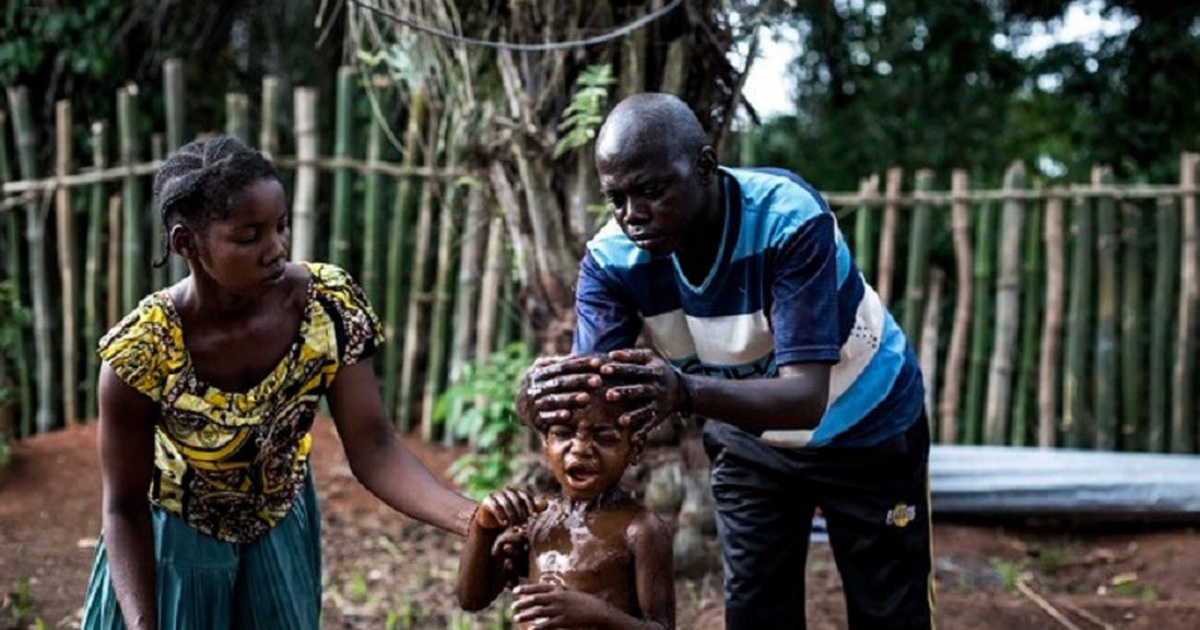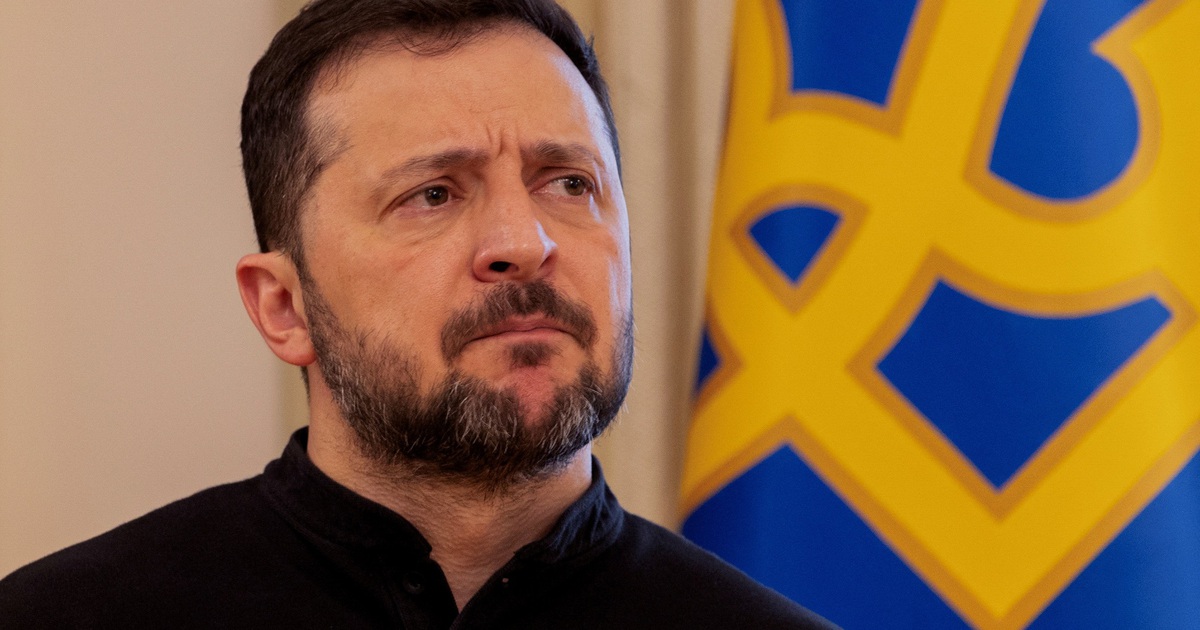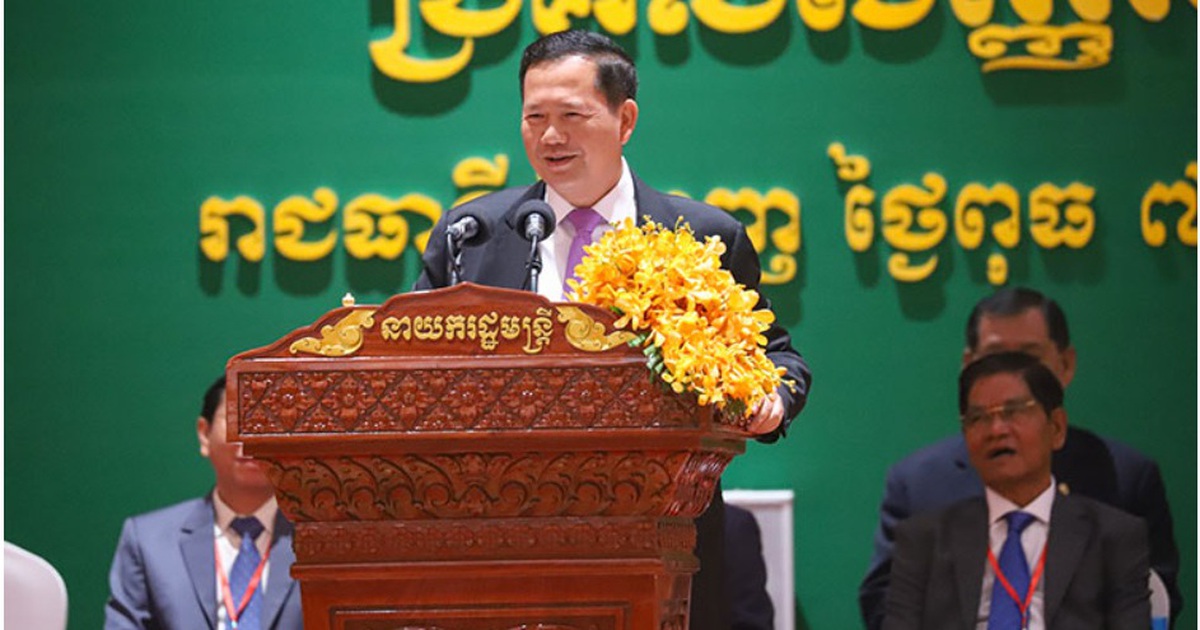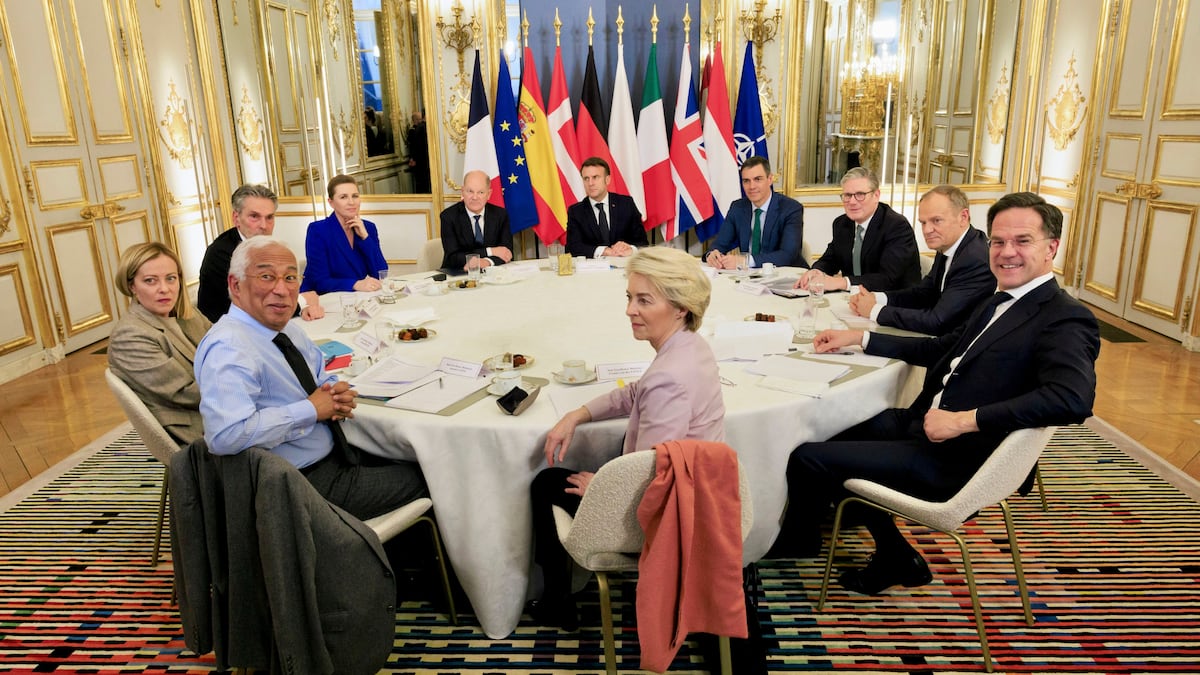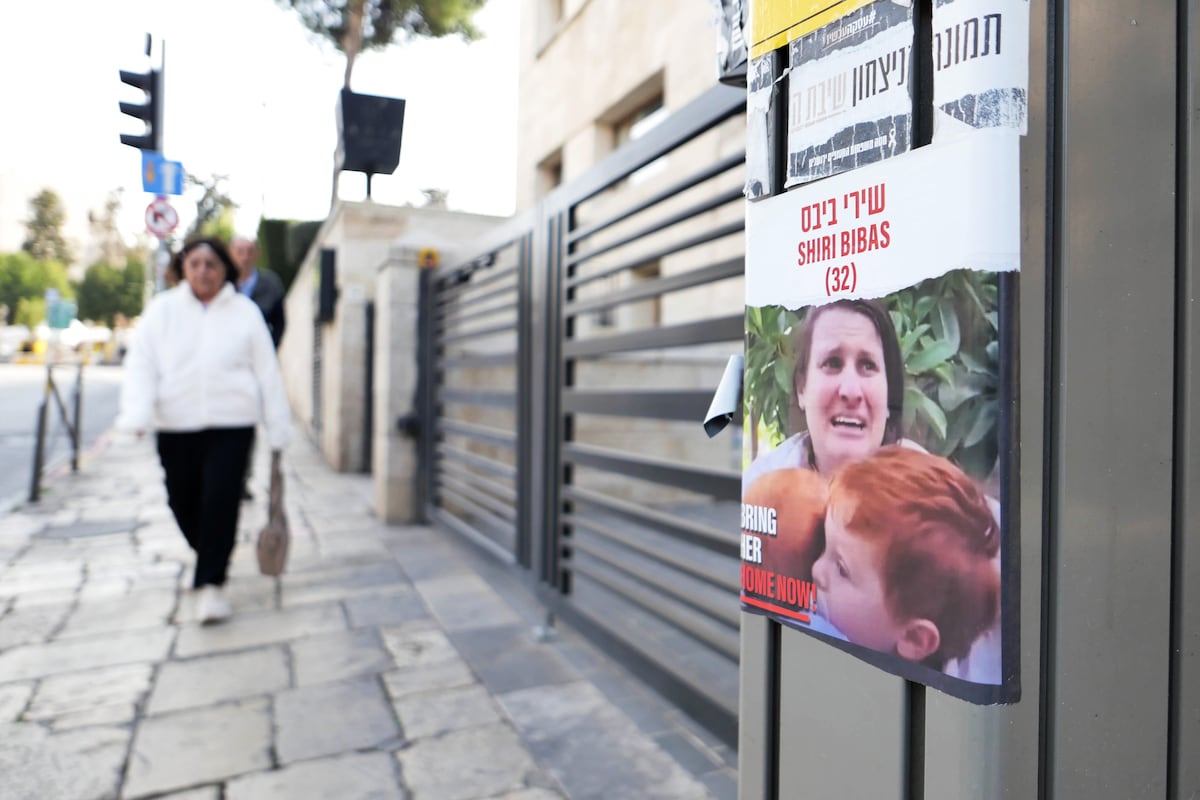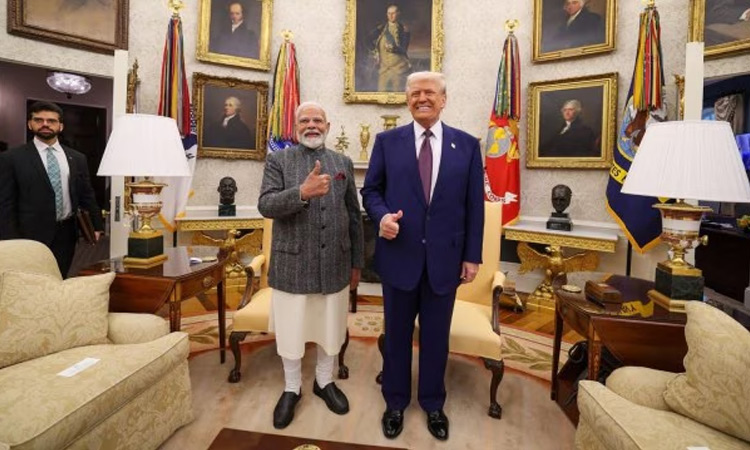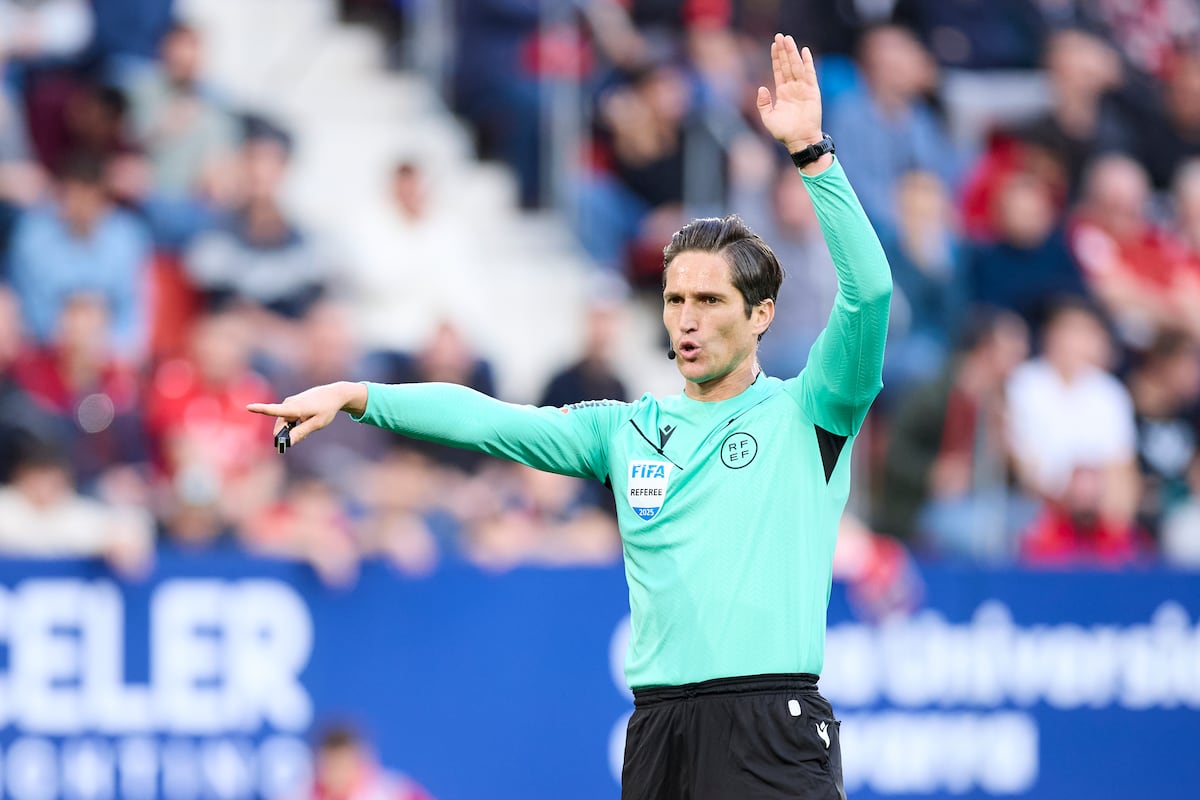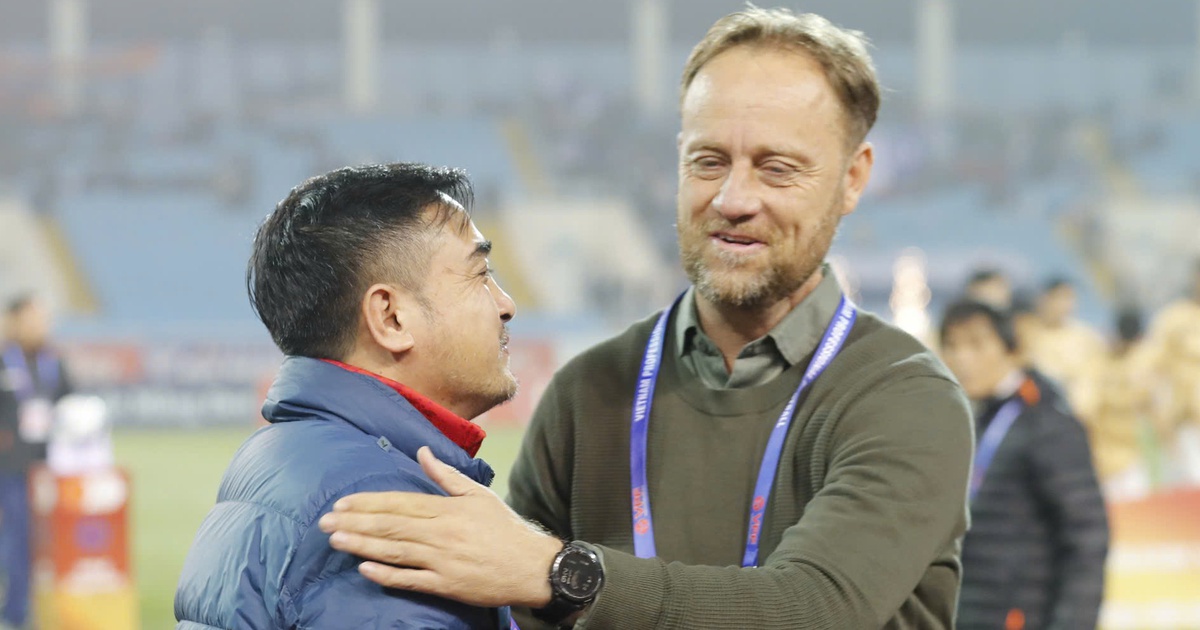“I am convinced that the perpetrators of my mother’s murder and those who commissioned it never imagined the dimension that the case would reach,” says Luyara Franco, 25, the daughter of Marielle Franco, 38, the leftist councilor of Rio. de Janeiro murdered on March 14, 2018 along with her driver, Anderson Gomes, 39 years old. A crime done by professionals. Shooting from a moving car to another in motion requires a pulse and an aim available to few. The Franco family always hoped to see the murderers sitting in the dock. And that wish will become a reality next Wednesday, more than 2,000 days after the crime. The two confessed perpetrators, two military police officers, Ronnie Lessa, who pulled the trigger, and Élcio de Queiroz, who was driving, will be tried by a jury of seven citizens in Rio. A milestone for one of the most relevant political crimes in the recent history of Brazil, the great cause that kept the left united in the hard years of Bolsonarism. “Who killed Marielle and why?” was the motto.
Putting the murderers in the dock is an important step for Brazil, its democracy and the 46,000 voters who voted for it. For Silva and Franco it is a personal matter, as well as a political one. “This trial means everything because so far no one has been convicted,” says Marinete Silva, 72, mother of the councilor and retired lawyer, on the other side of the screen. At his side, at the headquarters of the Marielle Franco Institute, in Rio, his granddaughter Luyara, legacy director of the entity and a Physical Education student, adds in an interview with this newspaper: “Justice would be if the crime]had not occurred. This is the first step of many [en la justicia]only the executors are judged. Then it must be the turn of those who gave the order, reparations to the families.” The court will broadcast the trial live on YouTube.
The murderers, arrested after a tip-off, have been in preventive detention for five years. As both have confessed in recent months who hired them and the details of the plot in exchange for prison benefits, it is taken for granted that they will be convicted in a two or three day trial. “But nothing ends here,” emphasize granddaughter and grandmother. Although it is undoubtedly a victory for the families of the victims and the countless social movements that have accompanied them in this battle so that this case does not end up as another unresolved file in the long history of the Rio underworld.
Two brothers, Rio politicians with a shady history, the Brazãos, have been in jail since March accused of ordering and financing the crime after being betrayed by the assassin they hired. And Commissioner Rivaldo Barbosa, who headed the homicide section in Rio, who promised the family that he would do his best to investigate the murder, is in prison accused of masterminding the hunt for the councilor and hindering the investigations from within. Hers was the recommendation that they not kill her in City Hall because that would be a crime to be investigated by the federal police, not the Rio police. And, therefore, more difficult to sabotage.
The murder of Marielle Franco, then a novice councilor unknown outside of Rio, soon stood out amid statistics that number more than 45,000 Brazilians killed violently each year, including politicians. At least 82 elected officials and activists have been murdered so far in 2024. Perhaps it was because of her profile: a black woman, veteran activist, councilor in a political system dominated by white men and known for fighting for human rights, against violence police, racism and machismo, she was a mother and was married to another woman. Perhaps the case took on so much significance because in 2018 visceral hatred of the Workers’ Party and the left in general was on the rise and progressives needed a common cause. Marielle became the great symbol embraced by those harassed by the emboldened far-right of Jair Bolsonaro, who won the elections six months after the assassination.
Becoming a martyr for democracy, Marielle inspired dozens of black women from the peripheries who landed in territories that seemed unattainable to them, such as city councils, state parliaments and Congress in Brasilia.
His family immediately turned mourning into fighting (or mourning virou lutain Portuguese). For granddaughter and grandmother, the Catholic faith was essential in the via crucis to which they were forced. Marielle’s little sister, Anielle Franco, picked up the torch and led the family battle for the councilwoman’s memory and legacy. And, when Lula returned to power, he appointed her Minister of Racial Equality.
His mother, a labor lawyer, always believed that the murder would be solved because, she says, “the perfect crime does not exist.” The perpetrator, Lessa, who after leaving the Military Police earned his living as a hired killer, and his accomplice initially proclaimed their innocence and took refuge in the silence of their cells. Until the turnaround occurred.
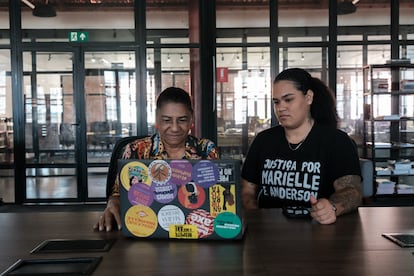
Mrs. Silva has no doubt that if the investigations have advanced this far it is due to the political impulse of President Lula. “This progressive Government was fundamental to deepen the investigation,” he says. The president promised to fight to find the culprits. And he complied. “If it weren’t for the efforts made by the Public Ministry, the homicide commissioners and Minister Flávio Dino [nombrado por Lula y ahora juez del Supremo] we would not be at this point,” he emphasizes.
Lula’s Government had just started when it ordered the Federal Police to create a special team dedicated exclusively to the Marielle case. A dozen veteran agents who know well the most pestilent underworld of crime in Rio were recruited with that sole mission. After so much time, finding new evidence is usually difficult. They focused on persuading the murderers to reveal who hired them, the masterminds. It worked. The police driver started talking after a few months. And Lessa, who pulled the trigger, followed him. And so they managed to solve the puzzle and hunt down the Brazão brothers and the commissioner to conclude investigations that have been marked by constant ups and downs and a certain suspicion, never made official, that Jair Bolsonaro could be involved. He denies it. The perpetrator was a neighbor of Bolsonaro’s housing estate and his daughter was the girlfriend of the former president’s youngest son.
“The Brazão brothers were always on the radar, but they were suspicions, there was no evidence,” recalls the mother. “The most shocking and painful thing was Commissioner Rivaldo,” he says. “My daughter Marielle knew him, she trusted him. one week later [del asesinato]sits with us…”. He promised to thoroughly investigate a plot that, according to the murderer who carried it out, he himself had designed. As the two politicians and the commissioner are certified, the case goes in another direction, it is processed in the Supreme Court. Lessa, the confessed murderer, was a witness in that case and recently detailed, from prison, his police and criminal career with a coldness that leaves anyone cold.
Almost seven years after her first-born daughter was taken from her, Silva is proud to see that Marielle inspired so many people to achieve achievements that were unthinkable not so long ago. The councilor’s daughter remembers her as that very dedicated mother who juggled: parenting, two jobs, university. “It made me understand that life is not easy for a black woman, even though we didn’t know it was going to be so difficult. Today she would be a representative, a senator…” Both emphasize that the trial also represents a ray of hope for tens of thousands of anonymous Brazilian mothers who have lost children—young black people from the peripheries—at the hands of agents of the State, often with unpunished treatment. From the personal battle to the collective one. Precisely the path that Marielle Franco walked during her life until it was brutally taken from her by gunfire.

